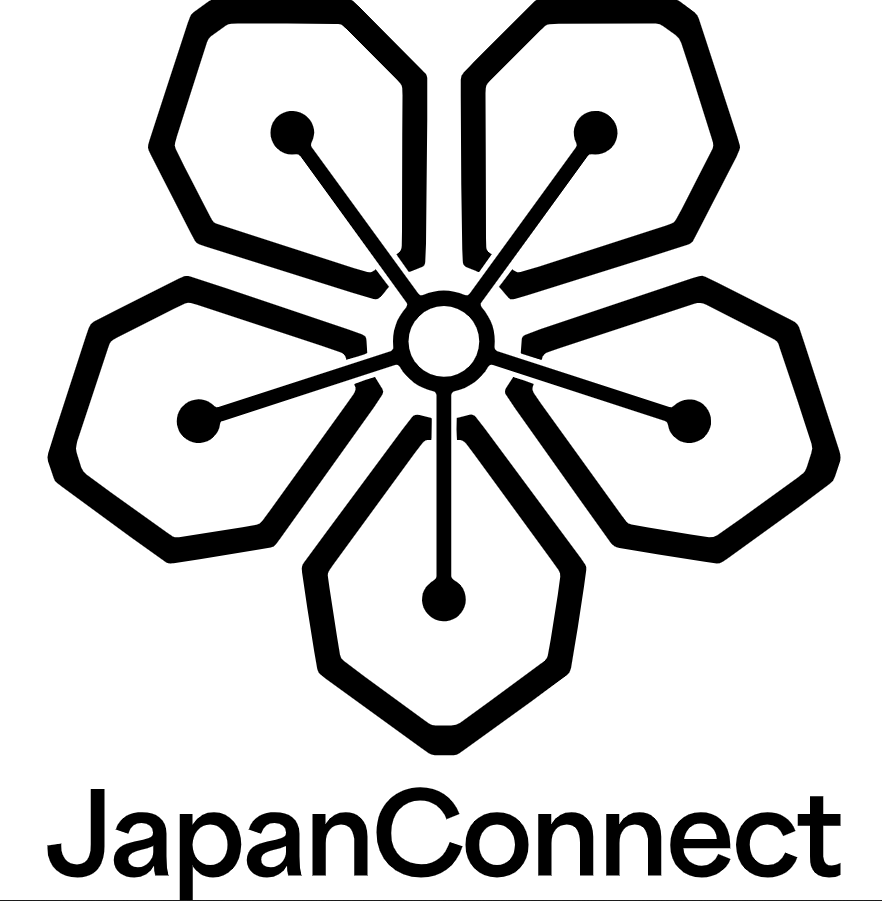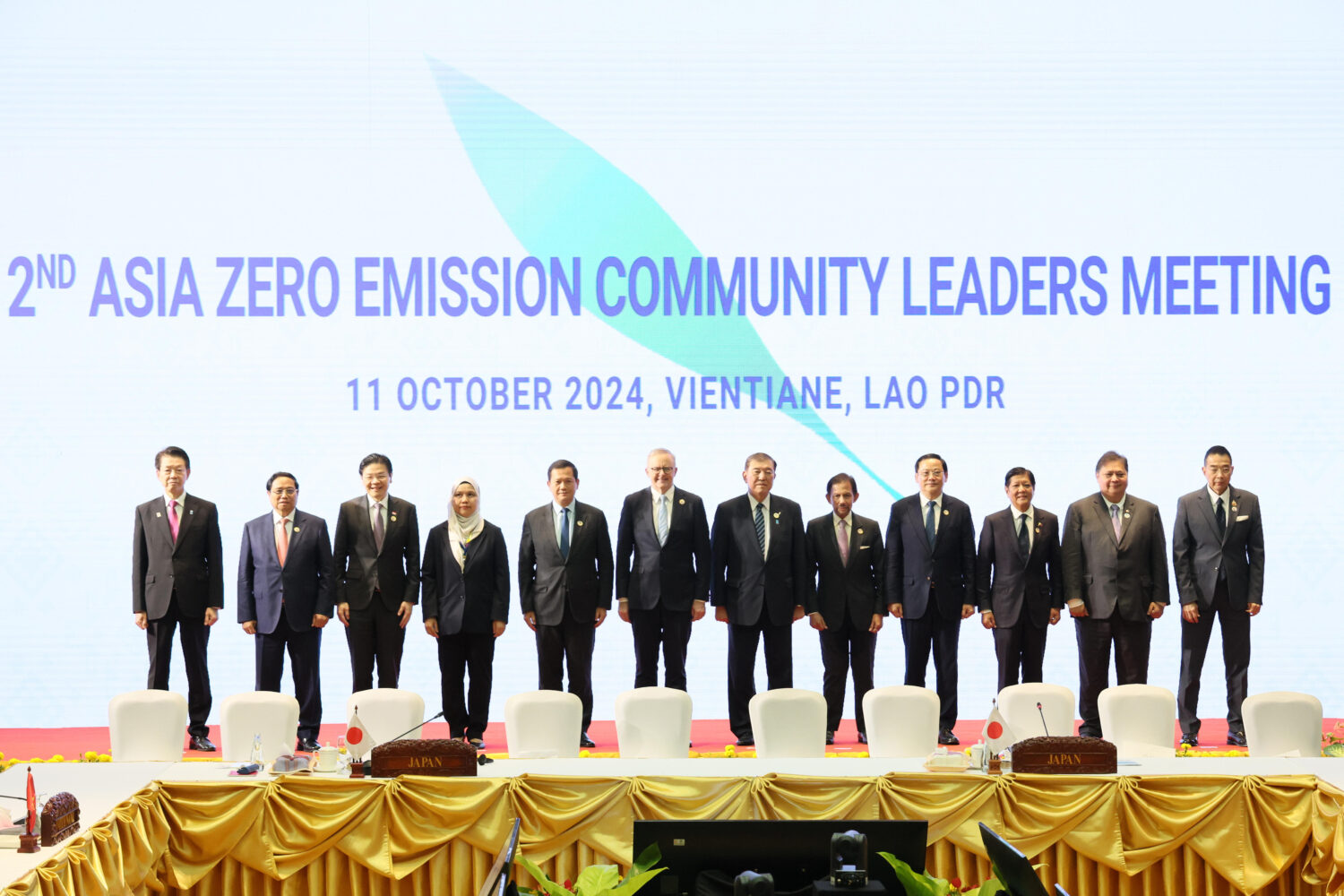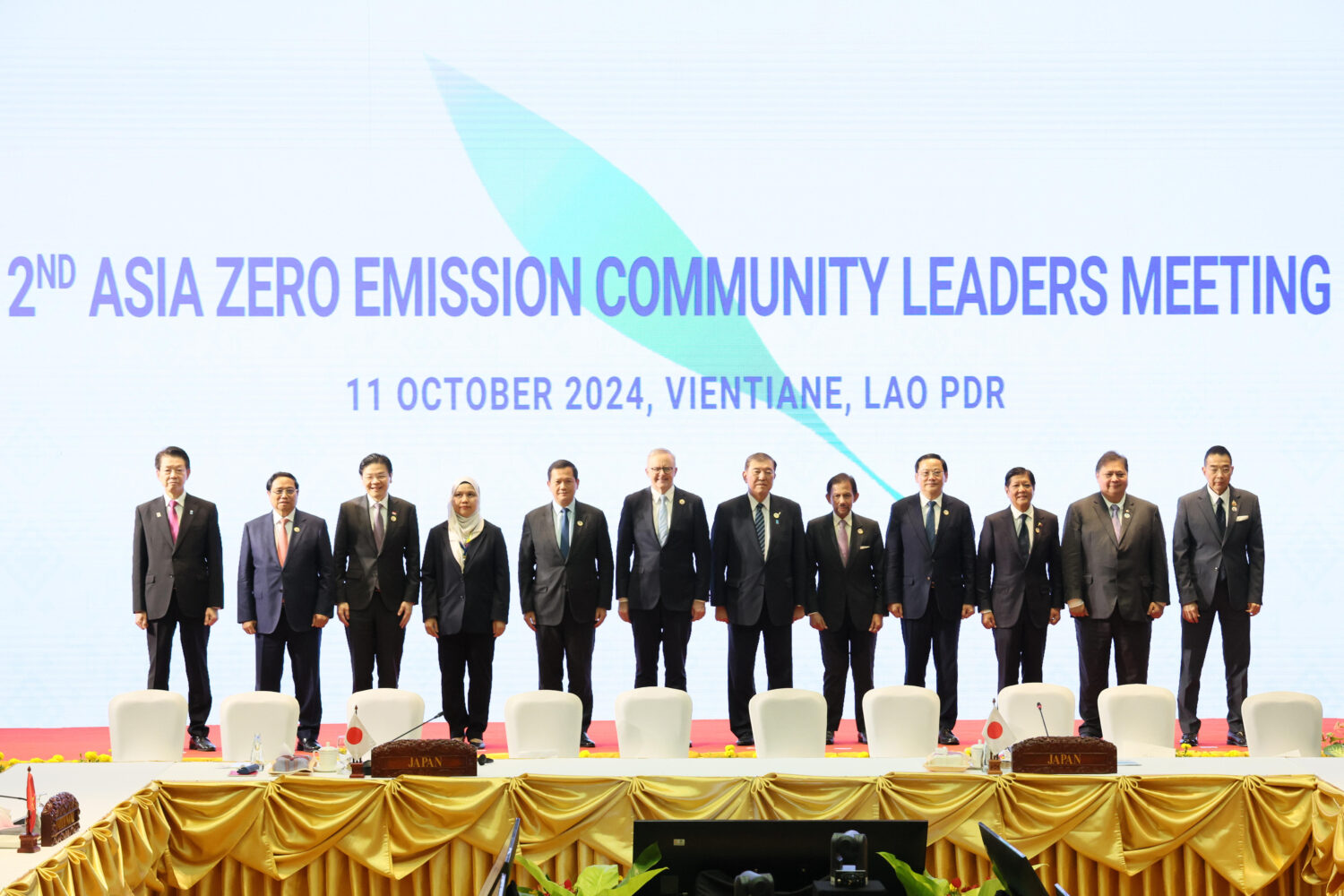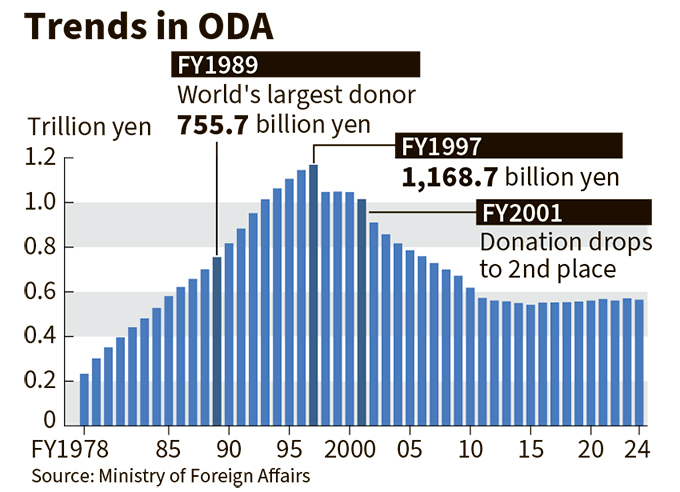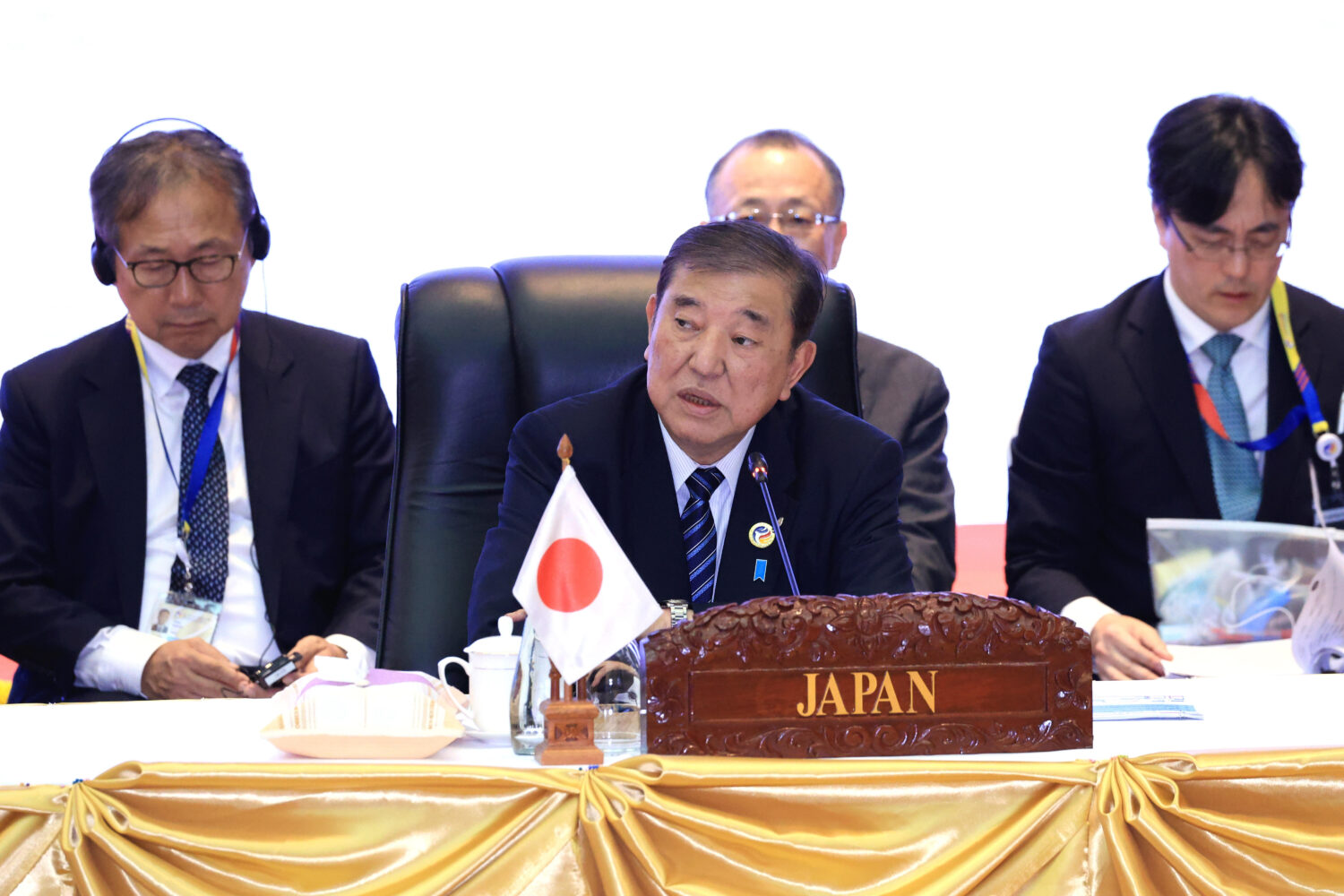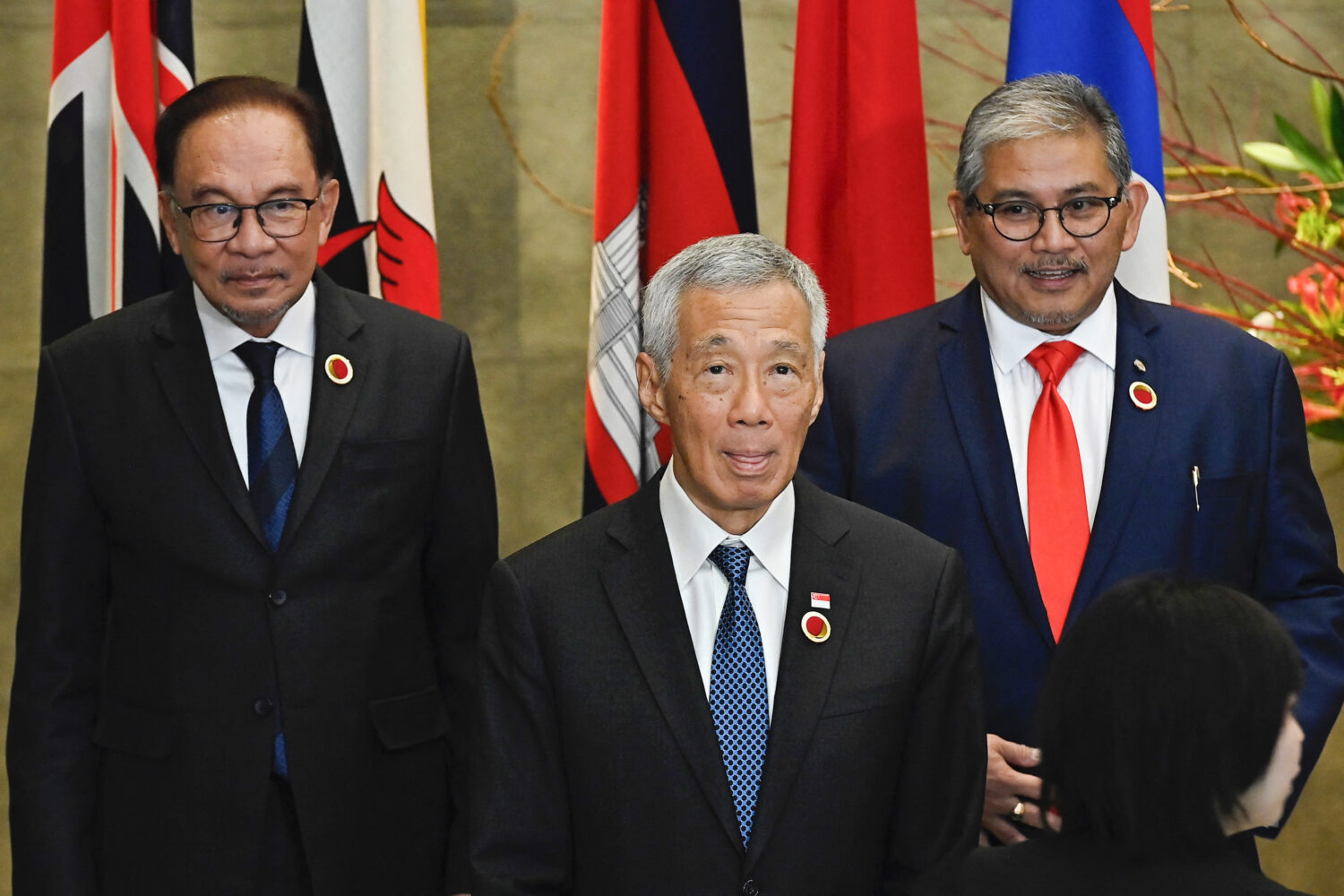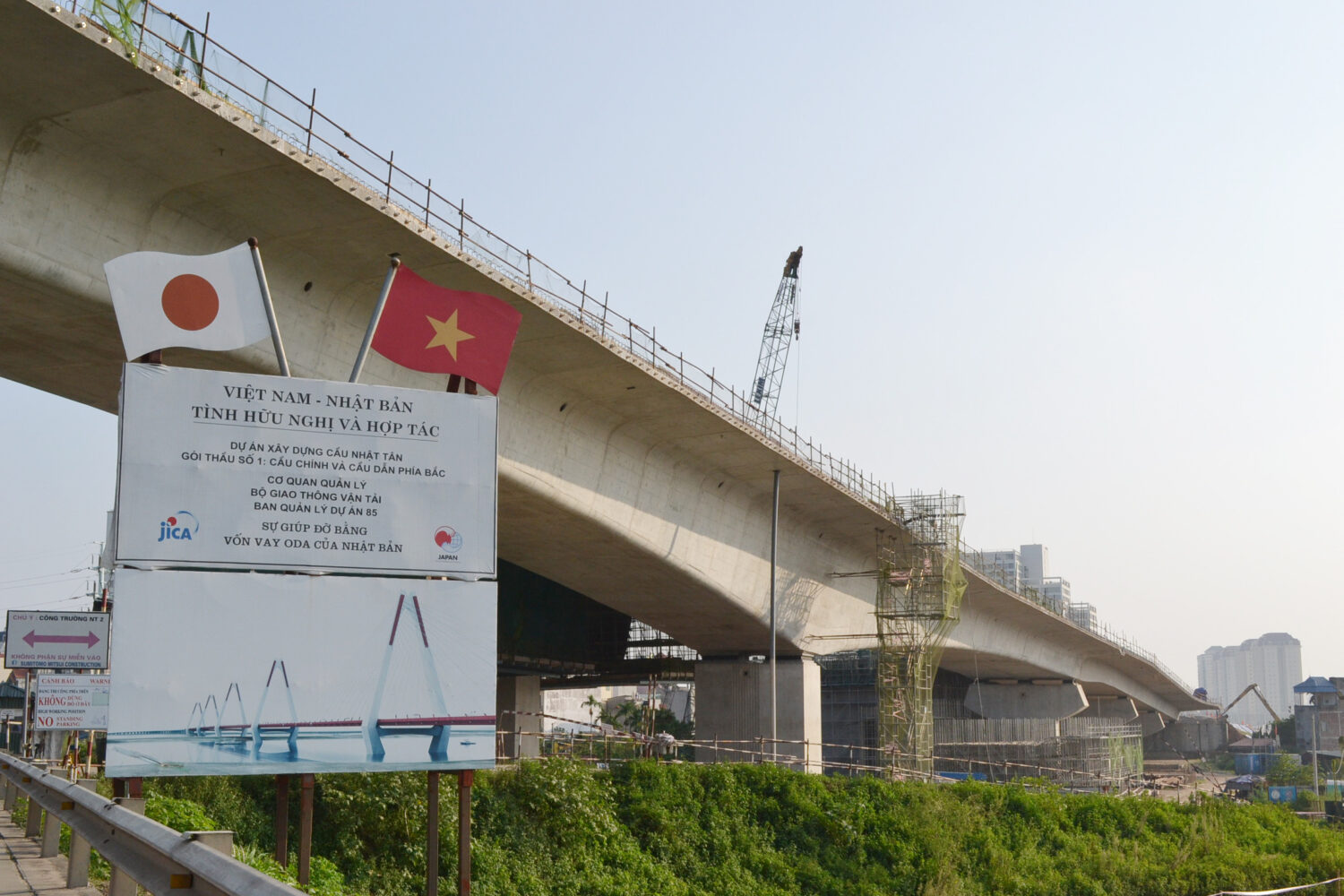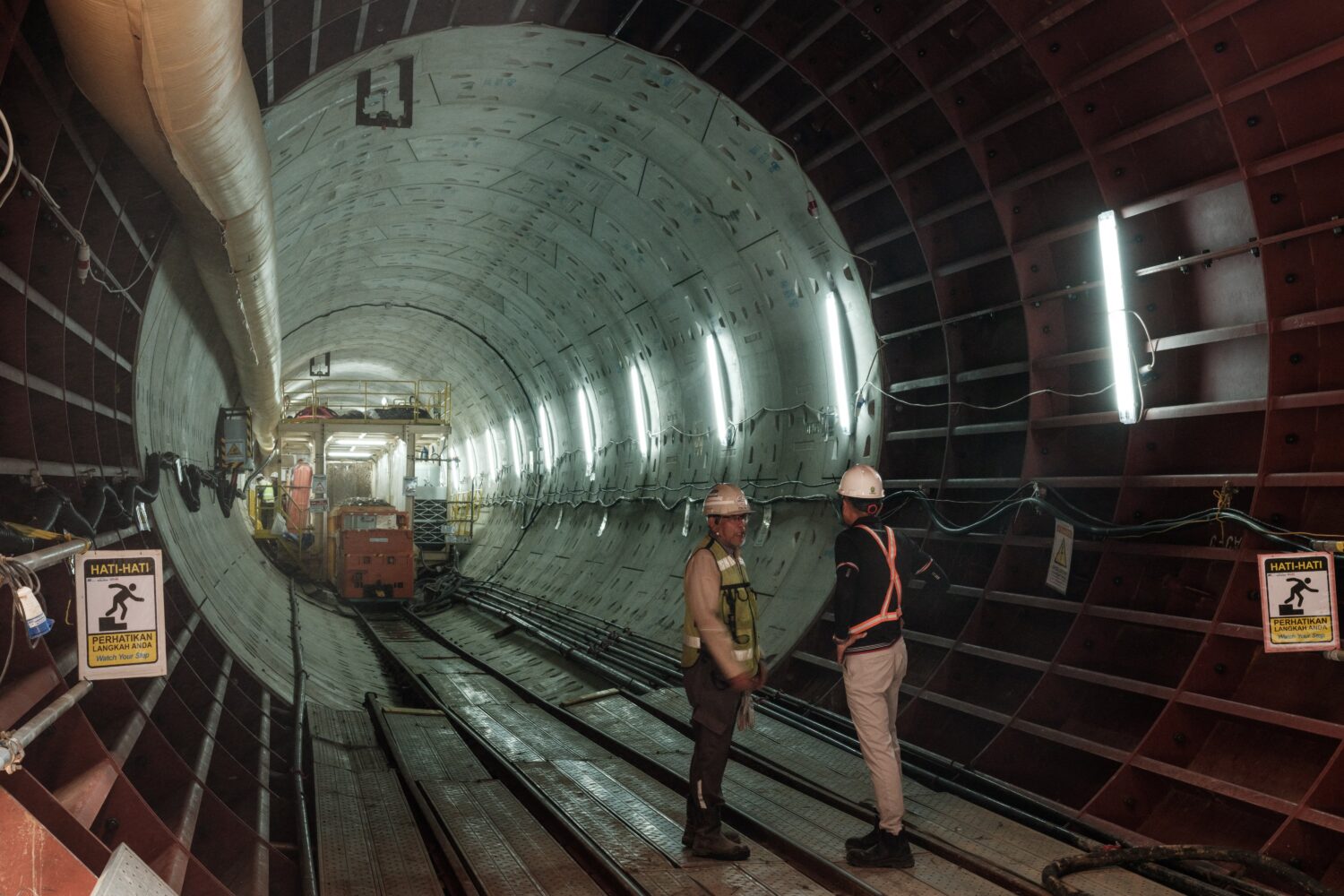The first instance of offer-based ODA kicked off in Cambodia this fiscal year. In December 2023, the governments of Japan and Cambodia agreed on an ODA package supporting the Cambodian government’s efforts to build digital infrastructure, including assistance for the development of a National Data Center and assistance for enhancing the country’s telecommunications networks and human resources development. The National Data Center will serve as a core facility in creating a digital government that will streamline administrative services using information and communications technology. Japan will provide assistance in establishing the Center and supplying equipment.
In the project to enhance telecommunications networks, Japanese companies will conduct full-scale demonstration of telecommunications in Cambodia with the aim of building telecommunications infrastructure at a low cost. The project will also be carried out with an eye to developing 5G communication networks. In Cambodia, Chinese companies are building communication networks, and this project will aim to build diverse networks that do not depend on the companies of a single country.
Plans for offer-based ODA are under way in Southeast Asian countries. A leaders meeting of the Asia Zero Emission Community (AZEC), a framework aimed at achieving decarbonization in Asia, was held on October 11 in Vientiane, Laos, in which an “Action Plan for the Next Decade” was adopted. The plan incorporates the use of offer-based ODA as projects led by Japan. Shigeru Ishiba, prime minister of Japan, who participated in the meeting, talked that day with his Laotian counterpart, Sonexay Siphandone, communicating Japan’s intent to support the economic development of Laos through offer-based ODA.
Laos relies primarily on hydroelectric power, and Japan will support the enhancement of its power generation capacity, facilitating the country’s stable supply and expanded exports of electricity. Japan will also provide assistance in technological development for the production of green hydrogen and ammonia, which do not generate carbon dioxide when burned.
In October 2023, the Japanese government held a policy dialogue on economic cooperation with the Indonesian government in Jakarta, and discussed its plans to promote economic cooperation, including offer-based ODA. As these examples show, Japan is offering effective plans for assistance to various countries leveraging its unique strengths, including expertise in providing assistance cultivated over many years and the technological capabilities of private-sector businesses.
[Offer-based ODA is under way in Africa as well. In March, Japan and Mozambique agreed on assistance for a project on counter-terrorism and socioeconomic development. In Cabo Delgado, a northern province of Mozambique, armed attacks have halted some of the largest liquefied natural gas projects in Africa. Japan will provide automobiles and motorcycles to be used for anti-terrorism and security operations, as well as human resources development programs for police and judicial authorities to crack down on terrorism. This offer is based on the needs of local communities that seek stable security and resumption of development projects.]
Japan’s ODA dates back to 1954, when it joined the Colombo Plan, an organization for regional cooperation in Asia, two years before it became a member of the United Nations. It was only nine years since the end of the Second World War. Japan was also in the middle of postwar reconstruction and was by no means a rich nation, but it assumed the role of postwar reparations to Asian countries.
For Japan, which lacked abundant natural resources and did not maintain a powerful military force after the war, ODA for supporting the economic development of other countries was also an important tool for peaceful diplomacy. The development of infrastructure such as ports and highways through Japan’s ODA facilitated the expansion of Japanese companies into those countries, creating win-win relationships.
Japan’s ODA continued to grow with its economic development, and in 1989 Japan surpassed the United States as the world’s largest donor nation. However, it was overtaken by the United States in 2001 due to a sluggish economy, and today it has fallen to third place. The government’s budget for ODA peaked at 1,168.7 billion yen in FY1997 and has continued to fall ever since, amounting to only 565 billion yen in FY2024.
The United Nations sets the target for each country’s ODA provision at 0.7% of the gross national income, but Japan has managed to provide only half that level in recent years.
With no prospect for increasing ODA spending, Japan aims to enhance the quality of its assistance. As part of its ongoing ODA reform, Japan updated its Development Cooperation Charter, which sets out the basic policy for ODA, for the first time in eight years in June 2023 and incorporated “offer-type cooperation” as a new assistance framework.
In addition to traditional assistance for infrastructure construction, including roads, bridges, and ports, Japan will proactively offer a wide range of programs that encompass climate action, promotion of digitalization, building stronger supply chains, and human resources development.
Southeast Asian countries have developed basic infrastructure and achieved economic development, and are now seeking sustainable technical guidance and advanced human resources development with the aim of achieving high-quality economic development and enriching people’s lives.
To contribute to that end, a new form of ODA—one that embodies the proverb “Don’t give a man a fish; teach him how to fish”—is being called for, and offer-type cooperation symbolizes that.
[Akihiko Tanaka, president of the Japan International Cooperation Agency, which is responsible for Japan’s ODA operations, said in an interview with the Nikkei, “The list of developing countries has changed considerably over the past 70 years. Thailand and Indonesia are now upper middle income countries. In the future, co-creation based on mutual insights will be key in ODA, instead of just unilateral assistance. The idea is to solve social issues together in a way that also benefits Japan through the technology and knowledge developed through the effort.”]
The Development Cooperation Charter updated last year also states, “Japan will realize cooperation that does not involve...economic coercion, and that does not undermine the independence and sustainability of developing countries.”
Debt traps, in which excessive loans are extended without regard for the borrower’s financial capacity or ability to repay, leading to economic control, have become a global issue. Although ODA serves to strengthen the diplomatic and economic relationships of both parties, it must never compromise the independence of the country on the receiving end of support.
Moreover, assistance will be ineffective if the plan is one-sided and not tailored to local circumstances. Offer-based ODA is characterized by an approach in which Japan and its counterpart work together to flesh out the details of assistance. There is now a need for this type of ODA, similar to tailor-made clothing, created through close communication between the tailor and the customer.
By Akio Yaita
Journalist. Graduated from the Faculty of Letters at Keio University.
After completing his doctorate at the Chinese Academy of Social Sciences, he worked as a correspondent for the Sankei Shimbun in Beijing and as Taipei bureau chief. Author or co-author of many books.
The stories and materials above are provided by JIJI.com or AFPBBNews. Feel free to feature these stories in your own media.
